We all have to handle criticism at times. Sometimes that criticism is constructive or educational. This type of criticism has the goal of helping us better understand a concept or situation or make better choices next time. Other times, criticism is presented in a very negative manner with the intent of making us feel bad and, sometimes, making the other person feel better.
No matter how the criticism is presented, it can be difficult to handle at times. These are the times we all need to take a deep breath and be open to other opinions and ideas.
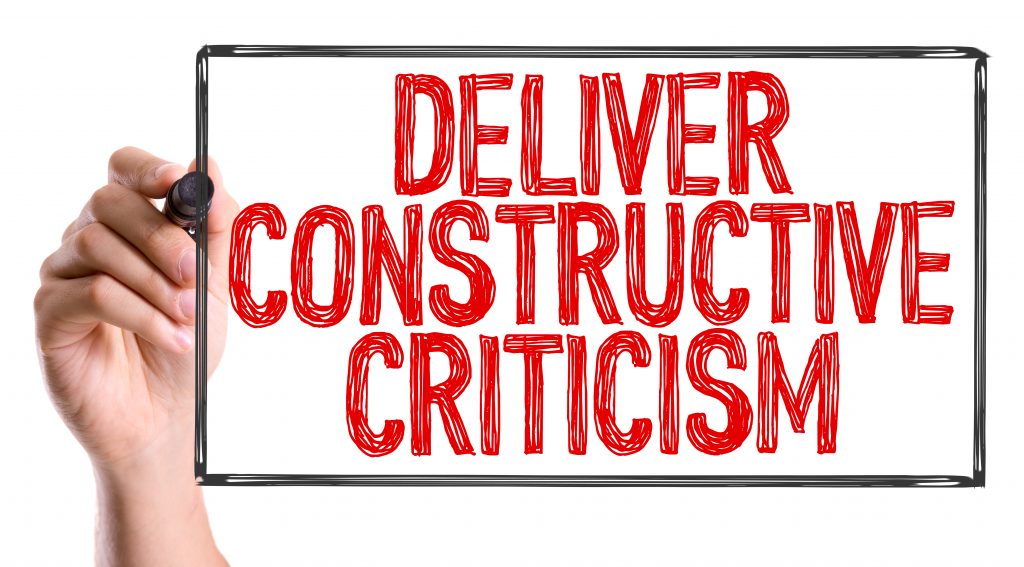
Tips for managing criticism well.

Don’t take it personally
Keep in mind that everyone makes mistakes. Everyone is human. There will always be times when we mess up and we have to be mature enough to take responsibility for our actions and words. Remember the person speaking with you is taking the time to share his or her concerns about your actions or words, they are not putting you down as a person. (If their goal is to put you down, that is a totally different situation.)

Keep an open mind
Be open to what the other person has to say, even if you do not agree with that person 100%. Consider looking at the situation from a different perspective. It’s often possible that someone outside of a situation sees the big picture better than the person involved directly in the situation.


Determine how the information can benefit you
How can you take their concerns and suggestions and make their ideas benefit you in the future? What are their suggestions for improving your situation? Do they have good ideas that may be useful for you to try? Maybe they notice that your facial expression often displays annoyance when your words do not display this same annoyance. This is good information to have and it gives you something specific to work on, making sure your verbal and nonverbal language match up.


Ask questions to clarify
If you are confused or don’t understand why the other person has a concern or what that concern is about, ask that person to clarify. Maybe they misunderstood what you said or misinterpreted the situation they witnessed or heard about.

Neither of you will get anything positive from the conversation if you do not know what they are talking about or if you don’t understand why they have a concern.

Don’t turn the situation into an argument
Even if you disagree with the concerns or suggestions offered by the other person, do not argue. Arguing does not help a situation and it’s likely to be a waste of your time and patience. Do not blame the other person or get into a yelling match. However, you should feel free to calmly express your concerns, emotions, and/or confusion. However, it’s best to use “I” statements when trying to get your point across to the other person.

Show appreciation for the person’s concern about you
Hopefully, the person speaking with you about their concerns does this because he or she truly cares about you and is concerned about you. Whether it is your best friend that does not want to see you make bad decisions in the future or your boss who is looking out for your reputation and the company’s reputation, their concern is about helping you become a better person, not putting you down.

What if you have to be the one giving them criticism?
There are also times when we have to be the ones giving criticism or critiquing someone else. This can also be just as challenging because we don’t want to hurt someone else’s feelings or make the other person feel bad. At the same time, we probably do not want that person yelling and screaming at us because he or she does not like what we have to say.
With those concerns in mind, here are a few tips for being on the other end of the criticism spectrum. It’s hard to receive criticism, but it’s often just as difficult to give criticism!

Try to choose the best possible time and place
Find the best time and place you can when you need to talk with the other person about whatever issue you are concerned about. Find a place you can be alone, so no one can eavesdrop on your conversation.
However, if you are concerned the other person may become angry or aggressive or act out in another negative manner it might be wise to have another person with you or nearby. If you are at work, this may be a supervisor or coworker at your same job level. If you are in a personal situation, this may be a friend of yours or a mutual friend or acquaintance of both of you.

Timing is also important. Should you talk with the person the first thing in the morning and get it over with? What if they are upset all day? Should you wait until the end of the day? But what if this leaves them with questions they stew over all night because they forgot to ask you? There are many factors to consider and, hopefully, you know the other person well enough to choose the best time for both of you to deal with this situation.

Be specific
Make sure your concerns are specific and direct and that they are communicated to the other person clearly. Keep in mind the specific topics to be addressed and don’t go off-topic about something else that bothers you or some other matter altogether.
A.lso, think ahead about what you want to address with the person. You may even want to practice what you will say if you think you will be nervous during the encounter.

Looking out for their best interest
Let the other person know you are looking out for their best interests. If you are looking out for the best interests of others, because of his or her behaviors or actions, make sure he or she is aware of this as well. The focus of the conversation should be on growth and how to make better decisions or actions in the future.

Note the positives
Let the person know that he or she is doing some things (many things) right! Make sure they know you notice the positives about their performance or attitude and not just the negatives


Provide suggestions
Provide suggestions to the other person about what can be made to make better choices next time. You can also provide suggestions about how their behavior affects the entire group or organization, just as the decisions and actions of others have an effect on them.
For example, if the concern is that the individual talks to others in a rude manner. Give examples of your concerns about the tone of voice, facial expression, or whatever other characteristics or behaviors are of concern. Then give examples of how the situation may have been handled differently. and how it could be handled in a more positive manner when a similar situation arises in the future.

Ask if the person has any questions

Plain and simple. Ask the person you are speaking with if he or she has any questions or if your concerns are understood. This allows them to express their thoughts and feelings on the situation. Additionally, if you ask for their feedback it allows them to know you care about their thoughts and feelings and that this is a mutual conversation, not just a one-sided reprimand.

Be prepared to handle possible negative attitudes
It’s important to remember that not all feedback sessions will go well or go as planned. Sometimes, it is good to be prepared for the worst and hope for the best. Try to look at the situation from the other person’s point of view and determine how you might handle being in their position. Express your concerns. Stick to your suggestions and the critiques you offered earlier. Most importantly, do not argue with the other person. Arguing will not solve any issues and it will only get both of you upset.


Check out this article for more tips for good communication skills!
For more great tips, check out my parenting book now available on Amazon for Kindle and in paperback! With so many kids and a doctorial degree in clinical psychology, I know what it’s like to be a working mom and struggle with balancing kids and work-life!



You May Also Enjoy:
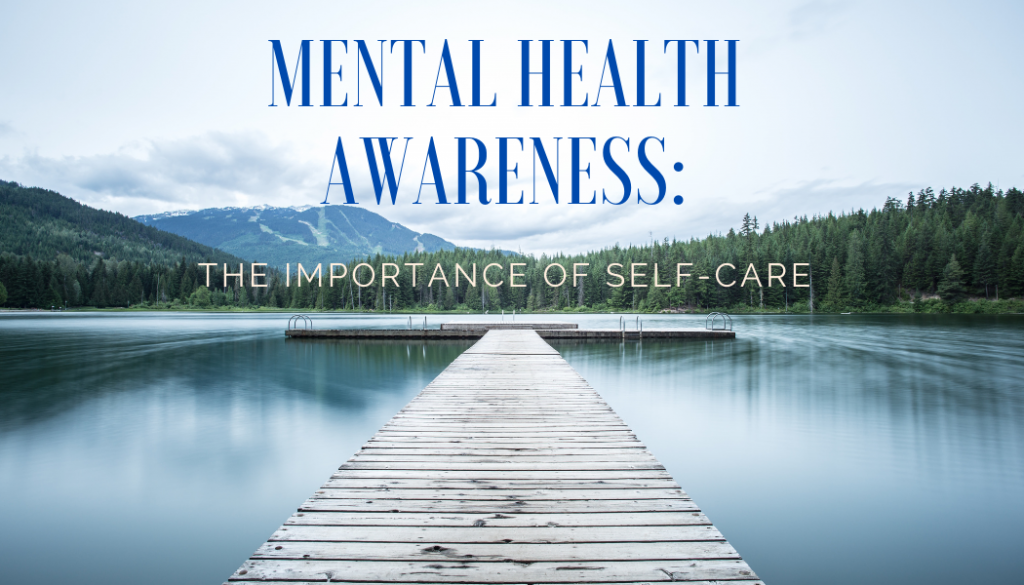
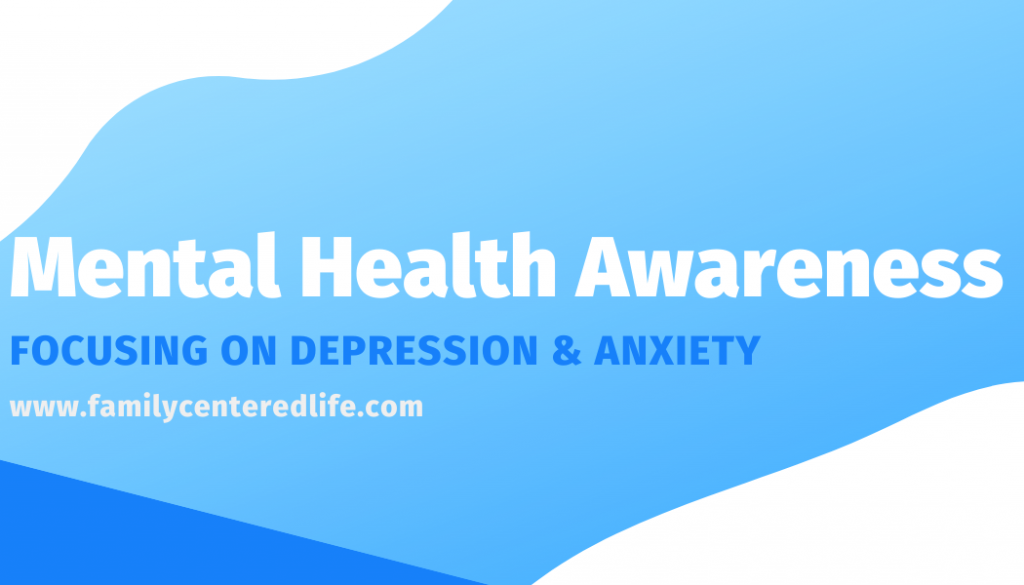
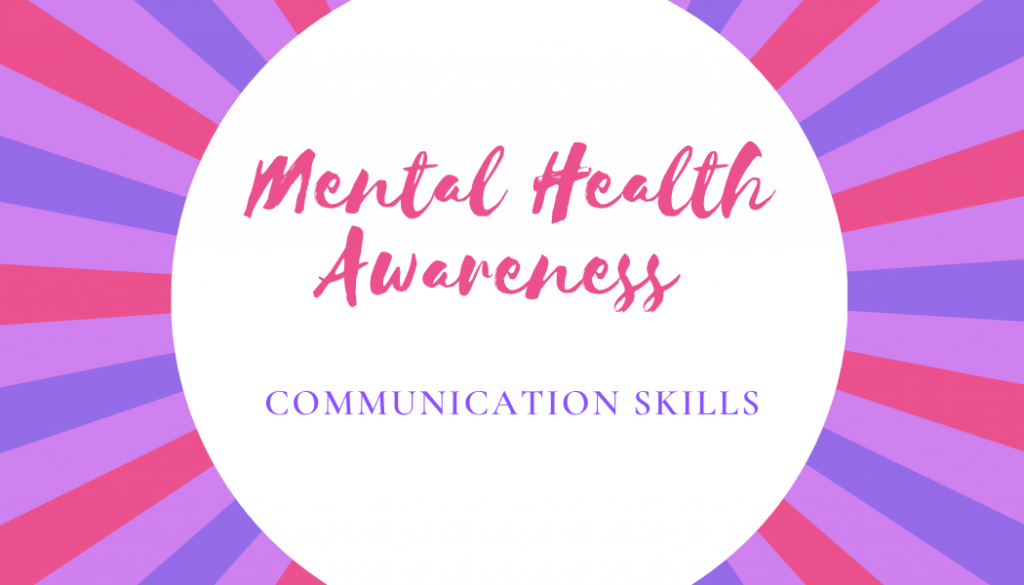
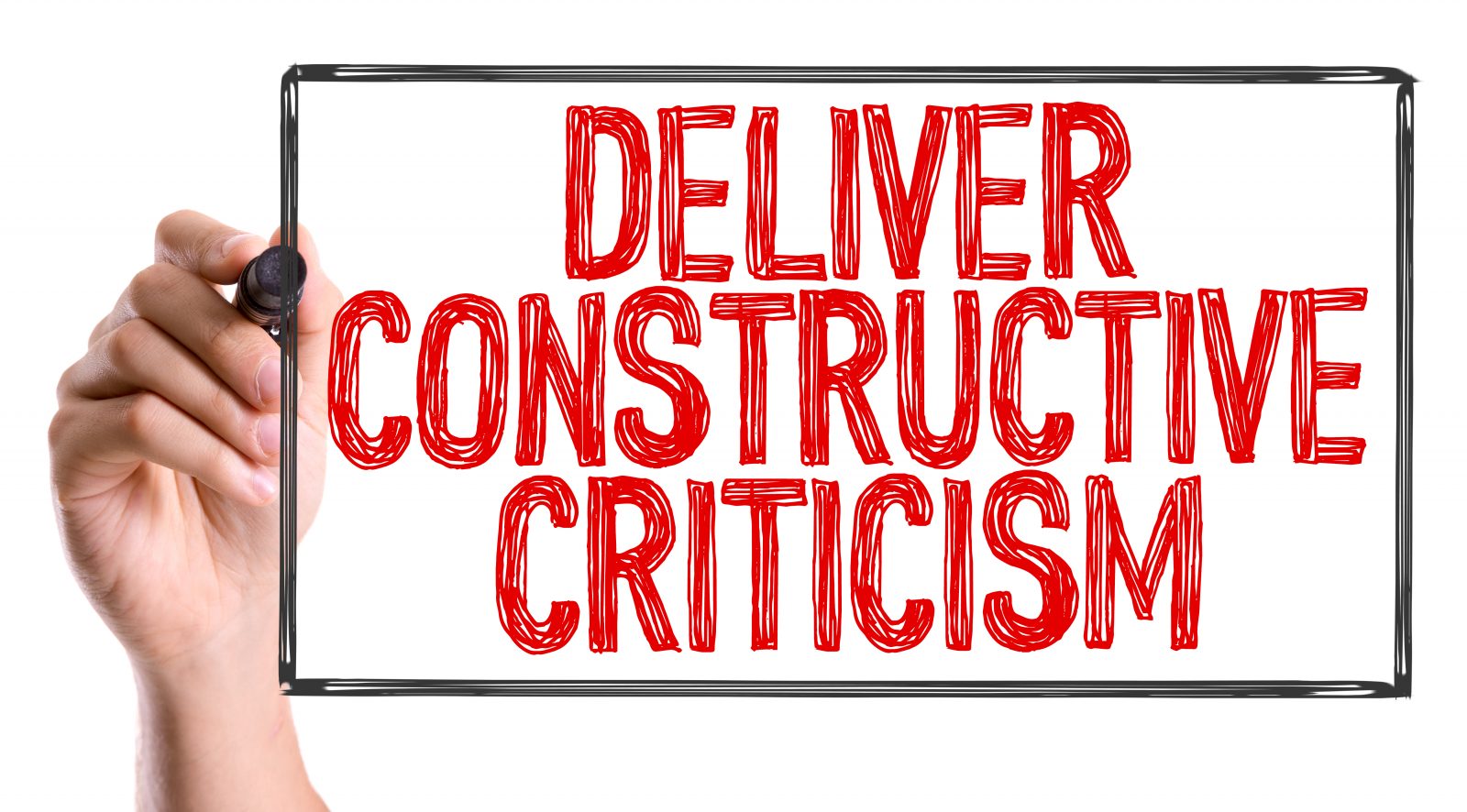

There truly is an art form to delivering and receiving criticism. It should be used to benefit all parties and improve the situation for the better. It takes practice and patience, for sure.
This is a great article! It’s so hard to give and receive constructive feedback and this is so helpful!
What a great article! I would love for everyone in my department to read this. There are some important points made. Thanks!
I love this article. I always have a hard time taking criticism, especially from those I am closest too. Thank you for the reminder to not take it personally.
You really the nail on the head with this! It’s easy to criticize, but being constructive = effective requires time and thought.
Great suggestions! I especially like that you emphasized not letting the discussion turn into an argument. Criticism can be difficult to hear or share with another. However it offers an opportunity for growth.
Very clear and well written. Criticism can be hard on both sides of it. I will often approach the other person and phrase it like, “When would be a good time for us to have a conversation? I’d like to offer a critique about (….) to see if something might work better for you/us/the team/the family.
I love how you say to note the positives. I think a lot of people forget that part.
These are great tips for graciously accepting criticism with grace.
Great post. I definitely need to work on the “don’t take it personally” part. Always a work in progress. 🙂
This is a great article! I always think if I have to give criticism to list positive things first than the negative things!
I have many coworkers that could do well with reading this
Fantastic article! As much as I don’t handle compliments well, I sometimes handle criticism even worse, and I HATE giving criticism. Your tips are well thought out and spot on.
Thanks! Giving constructive criticism has always been hard for me too!
Oh this is good advice! I going to apply it to my biggest child . . . my husband!
I love this article it is dead on awesome job
Great tips! The older I get, the easier it is for me to take criticism better.
Criticism is a tough topic. Even though criticism can be constructive and helpful, it can be difficult to hear and challenging to give. Thank you for sharing these tips.